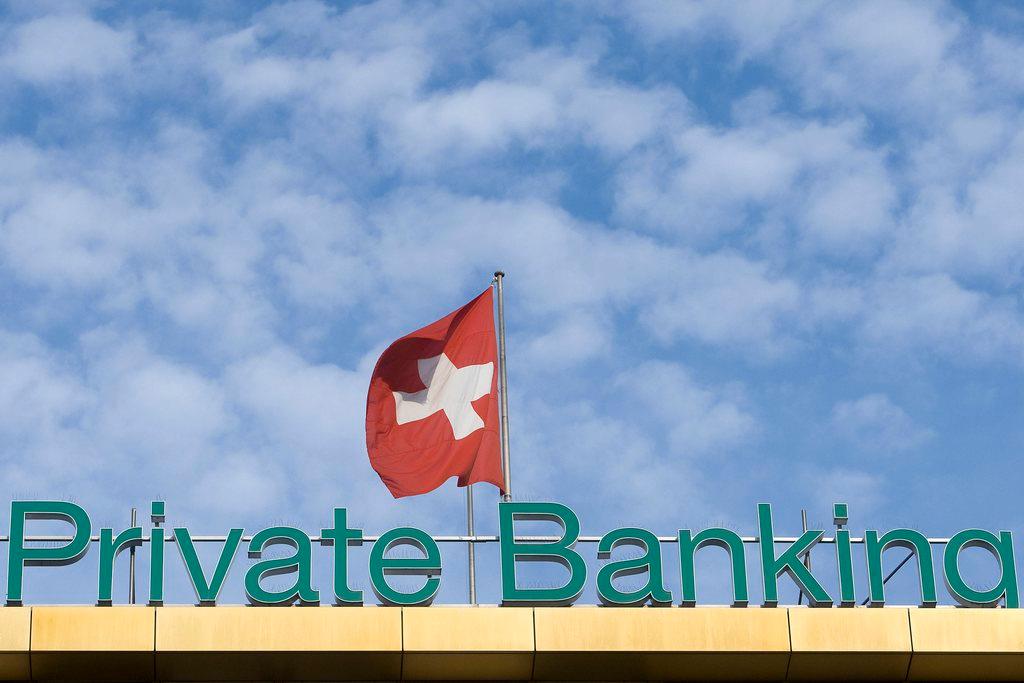Swiss bank data exchange deal stumbles in parliament

Switzerland’s commitment to share bank account information for tax purposes hit a speed bump as the House of Representatives voted in favour of defining specific criteria under which certain countries would be eligible, before any exchange can begin.
Switzerland has already signed what is known as the Automatic Exchange of Information (AEOI) treaty that requires it to automatically exchange tax information with certain countries. This means that Swiss banks will pass the details of foreign clients to the Swiss tax office, which will then pass this data on to countries it has signed an AEOI treaty with.
+ Why Switzerland said goodbye to banking secrecy
Deals with a first batch of 38 countries are already in place. Banks started collecting the data from the start of this year, which will be released to recipient countries from January 1, 2018. A second batch of 41 countries was approved by the government earlier this year but parliament is less keen on doing a deal with them.

More
New Swiss tax data exchange deals raise red flags
On Wednesday, the majority of House of Representatives members (129 vs 53) voted to define specific criteria before 41 countries receive sensitive financial information from the Swiss. These include having a legal base for the treaty, as well as securing information-sharing deals from other important financial centres. The countries must also respect confidentiality and data security and the Swiss cabinet must ensure that no violations of the above have been reported. Another demand was to guarantee that any information exchange will not result in serious human rights violations of those concerned.
Finally, parliament wanted clarification whether a specific case or a general laxity in meeting the terms of treaty would result in annulation of the deal.
Saudi Arabia targeted
Parliament has to vote on an accord with each country separately. The Swiss Peoples Party succeeded in scuttling the information exchange deal with Saudi Arabia (95 votes against, 92 for, 4 abstentions). Russia, another target for the right-wing party, narrowly escaped (100 votes for vs 90 against). Other countries deemed corrupt by the party – such as India, Brazil, China, Indonesia, Colombia, Mexico, Argentina, South Africa and the UAE – were given the green light by parliamentarians.
New Zealand on the other hand did not scrape through (105 votes for, 87 against). Earlier this month, an influential Swiss parliamentary economics committee recommended rejecting a deal with New Zealand on the grounds that the country’s tax regulations might unfairly penalise Swiss retirees living there who have not declared their Swiss pensions.
Others on the 41-country list that managed to sail through include Liechtenstein, Malaysia, Montserrat, Aruba, Curacao, Belize, Costa Rica, Antigua and Barbuda, Grenada, Saint-Kitts and Nevis, Saint Lucia, Saint Vincent and the Grenadines, Cook Islands, and the Marshall Islands.
Others on the list awaiting scrutiny are Andorra, Barbados, Bermuda, Chile, Greenland, Caiman Islands, Faroe Islands, Turks and Caicos Islands, British Virgin Islands, Israel, Mauritius, Monaco, San Marino, Seychelles, and Uruguay.
The debate will continue in parliament.

In compliance with the JTI standards
More: SWI swissinfo.ch certified by the Journalism Trust Initiative











You can find an overview of ongoing debates with our journalists here . Please join us!
If you want to start a conversation about a topic raised in this article or want to report factual errors, email us at english@swissinfo.ch.